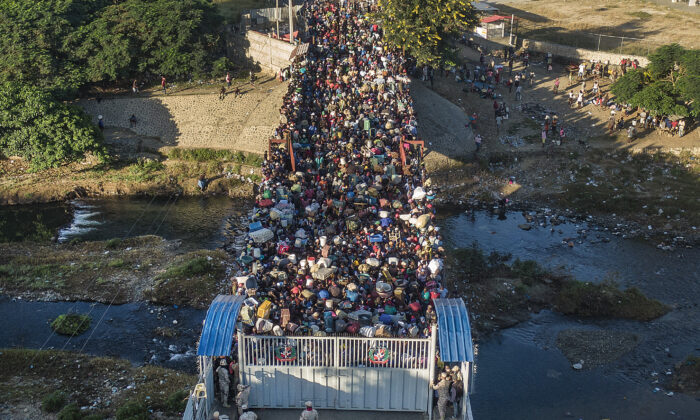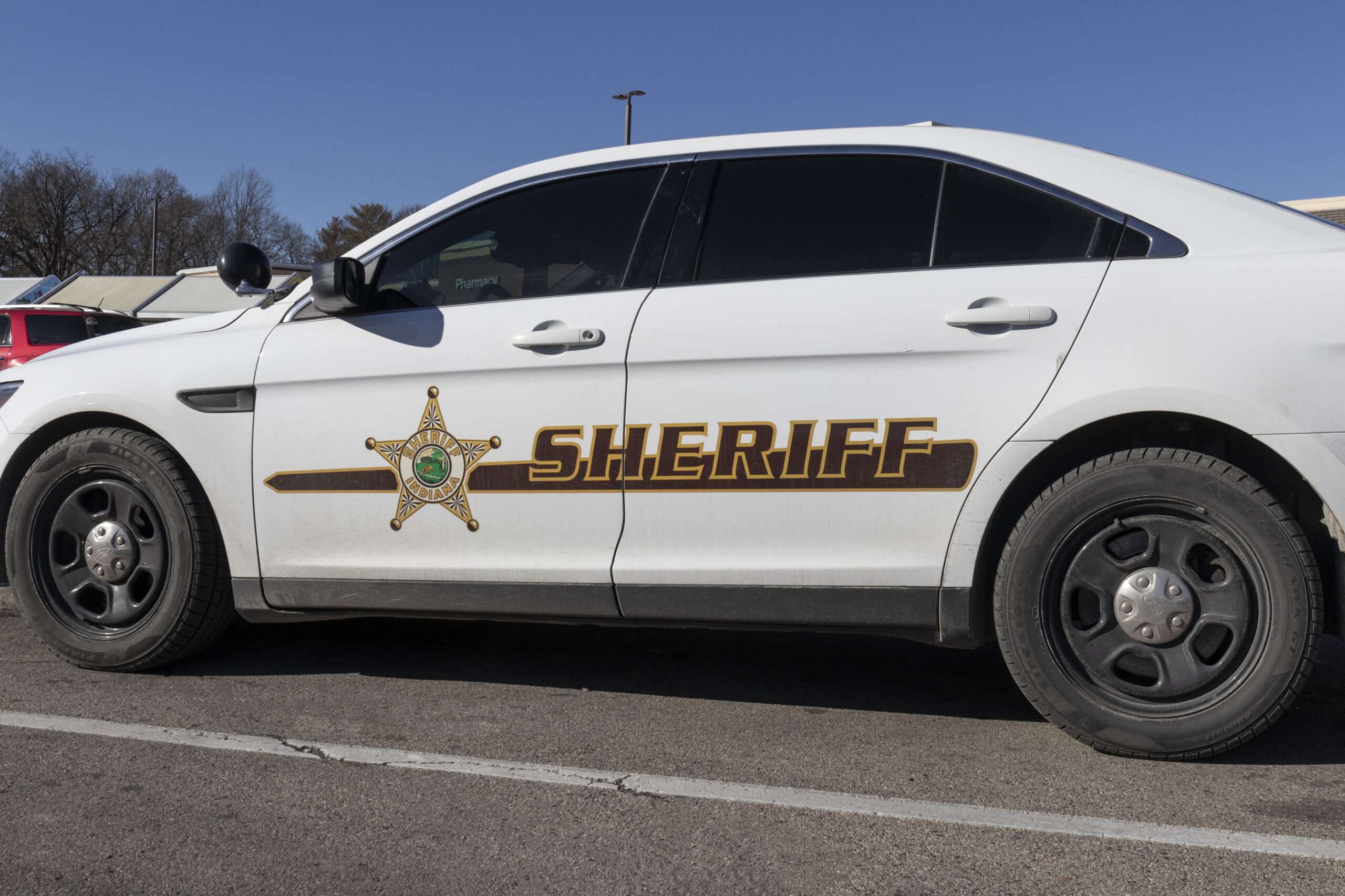Government officials of the Dominican Republic have announced plans to begin deporting Haitians living illegally in the country, with the potential expulsion of up to 10,000 or more individuals per week.
In media statements on Oct. 2, government spokesman Homero Figueroa stated that the decision was driven by the significant number of Haitian migrants residing unlawfully in the Dominican Republic. Both countries share the same island, Hispaniola.
“This operation is aimed at reducing the excessive migrant populations identified in Dominican communities,” he explained.
According to Figueroa, the deportations would commence immediately and would be carried out with a strict focus on upholding “respect for human rights.”
In the past, activists and observers have criticized the administration of Dominican President Luis Abinader for alleged human rights violations against Haitians and individuals of Haitian descent who were born in the country. Abinader and his administration have refuted these claims. In previous speeches at the U.N., he emphasized that his country is shouldering the downstream consequences of the humanitarian crisis in Haiti with minimal assistance from the international community.
Figueroa also mentioned that authorities are planning to enhance border surveillance and security at entry points. However, specific details regarding these measures were not disclosed.
Figueroa attributed the decision to commence mass deportations of Haitians to the international community’s sluggish efforts in restoring stability in Haiti.
Government officials in the Dominican Republic observed a significant rise in Haitian migrants as the U.N. Security Council’s Multinational Security Support (MSS) mission in Haiti continues to grapple with restoring order.
Haiti declared a state of emergency on March 3 due to a surge in home invasions, armed robberies, sexual assaults, and homicides that overwhelmed local law enforcement. According to a June report by the U.N., gang violence in Haiti had reached alarming levels.
Violence in the country intensified following the assassination of former Haitian President Jovenel Moïse in 2021. Prime Minister Ariel Henry assumed power shortly after and delayed elections, governing without a constitutional mandate or elected officials until his resignation in April.
In May, a transitional council appointed interim Prime Minister Garry Conille to lead Haiti.
A Kenyan-led MSS deployed 400 police officers to Haiti on June 25, followed by an additional 200 officers on July 16.
Gangs still control approximately 80 percent of the capital, Port-au-Prince. An estimated 700,000 Haitians have been displaced, with thousands fleeing the country to escape the violence.
Haiti has called for transforming the MSS mission into a peacekeeping operation to enhance capabilities and secure more stable funding. However, on Oct. 1, the 15 member countries of the U.N. Security Council unanimously voted to extend each member state’s MSS mission in Haiti for another 12 months, after China and Russia vetoed efforts to transition it into a peacekeeping mission.
The Associated Press contributed to this report.
Please rewrite this sentence.
Source link





